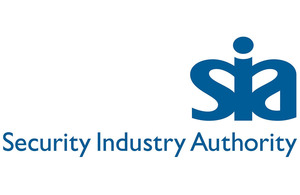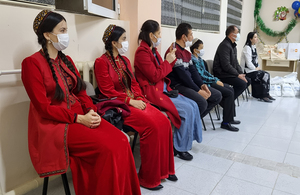Birmingham company director prosecuted for security licence infringement
Press release
On Monday 29 November, Muhammad Usman Sardar pleaded guilty at Birmingham Magistrates’ Court.

Muhammad Usman Sardar pleaded guilty to repeatedly failing to respond to Security Industry Authority (SIA) requests for information about his business dealings. Sardar, director of Protect Security Solutions Ltd, was ordered to pay court costs of £500. The court also fined him £84 and required him to pay a victim surcharge of £34.
SIA investigators formally requested information about Protect Security Solutions from Sardar on 25 June 2021. Sardar failed to comply with this requirement of the Private Security Industry Act (2001). He claimed that he didn’t receive the SIA’s request due to it being sent to an incorrect address. Further investigation revealed that it was the correct address. SIA investigators sent a subsequent request that demonstrably did reach Sardar, yet he still failed to respond within the required time. The SIA invited him to an interview under caution which Sardar also failed to attend.
The SIA consequently prosecuted Sardar.
Mark Chapman, one of the SIA’s criminal investigations managers, said:
The Act of Parliament that established the SIA empowers our investigators to formally request the production of documents or information. This is to enable us to effectively carry out our investigations and to ensure that proper standards are upheld and maintained throughout the industry. The defendants repeated failure to comply with requests undermined the SIA’s ability to properly investigate any offending which may have been committed by the defendant or his company. Mr Sardar’s licence has expired, and he now has a criminal record which will prevent him from obtaining a licence in the future.
Notes to editors:
Further information:
- The Security Industry Authority is the organisation responsible for regulating the private security industry in the United Kingdom, reporting to the Home Secretary under the terms of the Private Security Industry Act 2001. The SIA’s main duties are the compulsory licensing of individuals undertaking designated activities and managing the voluntary Approved Contractor Scheme.
- For further information about the Security Industry Authority visit www.gov.uk/sia. The SIA is also on Facebook (Security Industry Authority) and Twitter (SIAuk).
Published 7 December 2021

